Are you captivated by medieval and Renaissance art? Here are the best museums to visit in Poland:
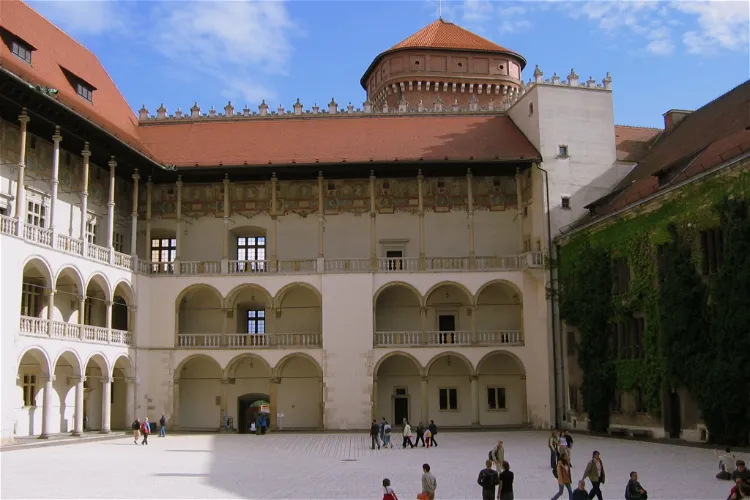
Wawel Royal Castle
KrakówThe Wawel Royal Castle National Art Collection is a significant part of the historic Wawel Castle in Kraków. This residence museum houses a vast collection of art, providing visitors with a glimpse into the rich history and culture of the region. The collection was officially inaugurated in 1930 and has been known by its current name since 1994.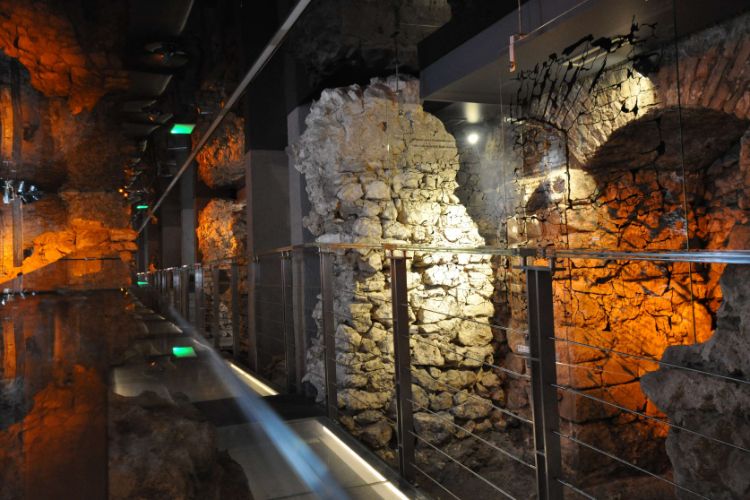
Rynek Underground
KrakówThe Rynek Underground (The underground square central museum) is a museum in Krakow that is a branch of the Historical Museum of the City of Krakow. The museum is located below the market square and covers an area of over 6,000. m². The main exhibition in the Rynek Underground are holograms construc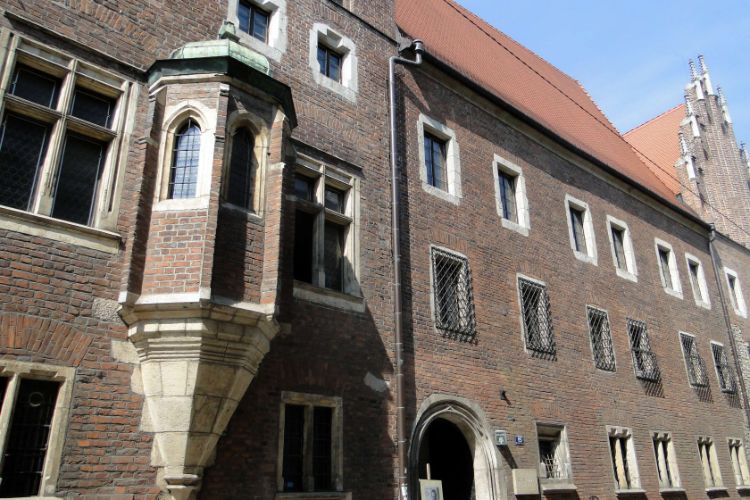
Jagiellonian University Museum
KrakówThe Collegium Maius in Krakow is the Jagiellonian University's oldest building, that dates back to the 14th century. The Collegium Maius houses the Jagiellonian University Museum. The Collegium Maius was rebuilt in the late 15th century as a late-Gothic structure, where professors lived and worked a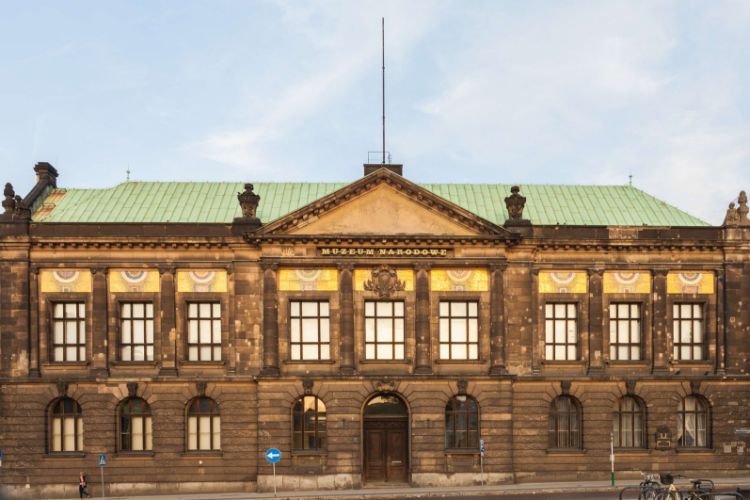
National Museum in Poznan
PoznańThe National Museum in Poznan is housed in a building designed by Carl Hinckeldyen and built in 1904 and is one of the oldest, biggest and most important museums in Poland. The museum holds a collection of Polish art from the 16th century until now, and a collection of works by foreign artists. The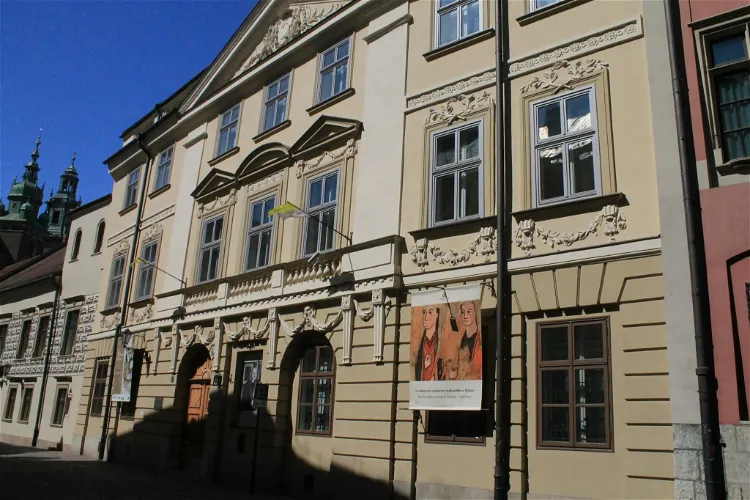
Archdiocesan Museum
KrakówThe Archdiocesan Museum in Krakow is located in the former residence of Cardinal Karol Wojtyła, who later became Pope John Paul II. The museum is situated in houses number 19 to 21 at Kanonicza Street. This location is not only significant for its historical value but also for its connection to one of the most influential figures in the Catholic Church.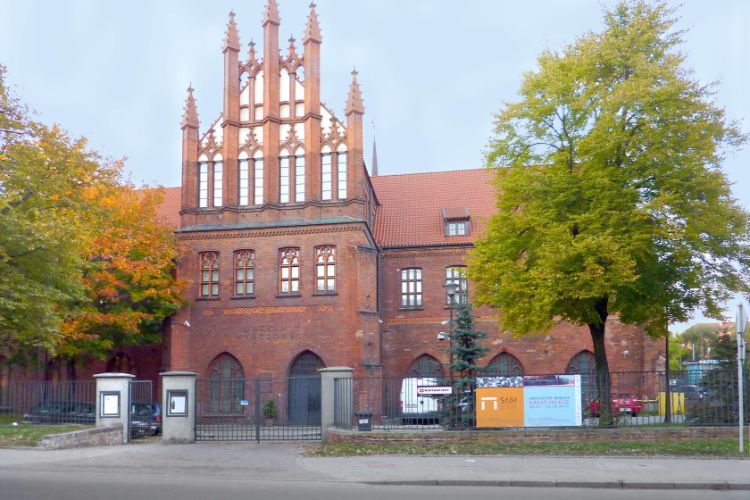
Gdansk National Museum
GdańskThe National Museum in Gdańsk is one of the major museums in Gdańsk in Poland and is housed in a old late-Gothic Franciscan monastery constructed in the 15th and early 16th century with with vaulted ceilings and a large staircase. The museum includes permanent exhibitions themed as follows: Painting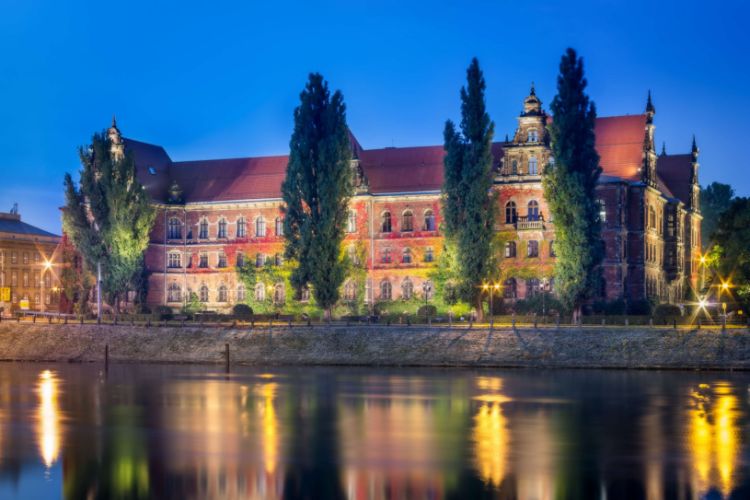
National Museum in Wrocław
WrocławThe National Museum in Wrocław is a museum in Poland that holds the largest collection of contemporary art in the country. Furthermore, the museum features floors and rooms that focus on a particular theme, namely: Silesian stone sculpture from 12th - 16th century, Silesian art from the 14th -16th c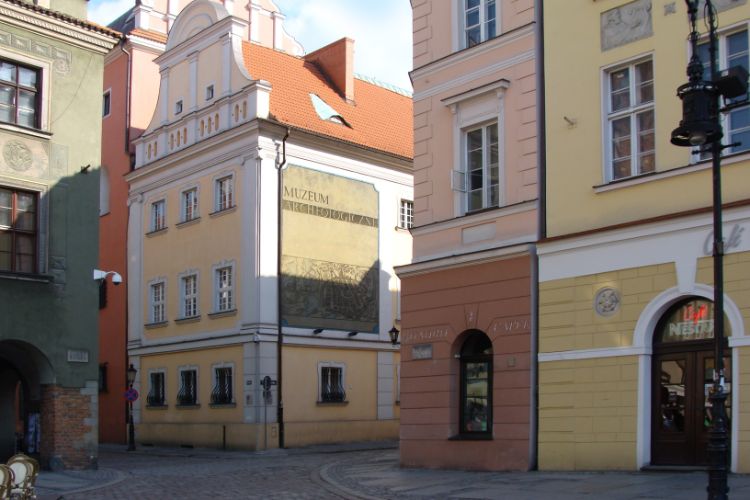
Poznan Archaeological Museum
PoznańThe Poznan Archaeological Museum is housed in Renaissance palace which was the city residence of the Gorki family that dates from the first half of the 16th century. The museum illustrates and holds collections on the prehistory of the region, from the Stone Age to the early medieval period. Further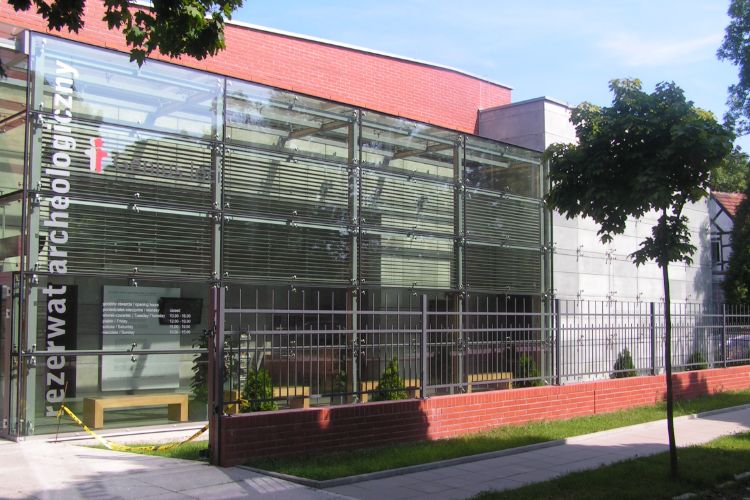
Genius Loci Archeological Park
PoznańThe Genius Loci Archeological Park (Archaeological Reserve) features a display of the Poznań settlement’s defensive embankments, which is engineering and technological design from the 10th century. In the Genius Loci Archeological Park in Poznań, visitors can get a different view on Poznań’s medieva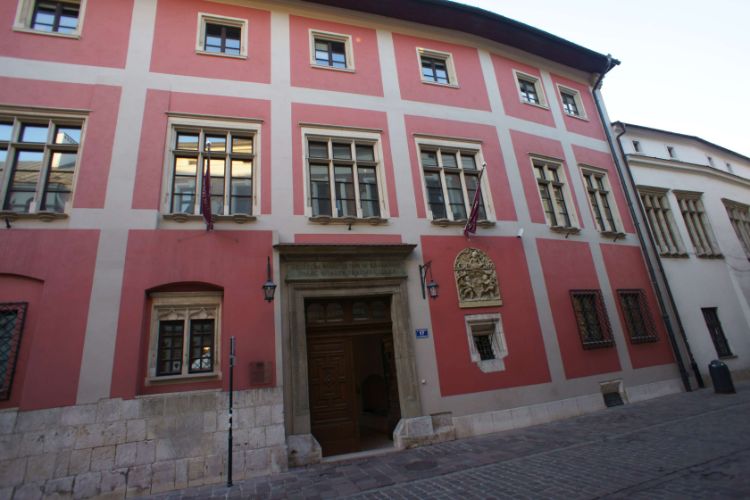
The Bishop Erazm Ciolek Palace - National Museum in Krakow
KrakówThe Bishop Erazm Ciolek Palace is a museum in Krakow and is a branch of the Krakow National Museum. The palace was built in 1505 from two connected houses for the Bishop of Płock, Erasmus Ciołek (1474-1522). The palace exhibits Polish works of art from the 12th to the 18th century. Valuable works in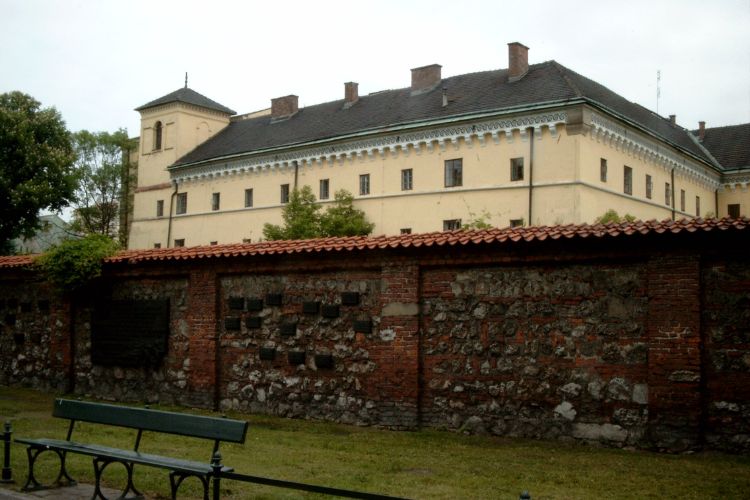
Archaeological Museum in Kraków
KrakówThe Archaeological Museum in Kraków is a historic museum that was established in 1850. The Archaeological Museum is divided into five major permanent exhibitions, namely: Gods of the Ancient Egypt, Prehistoric Pottery, The Garden of Ceramics, The Prehistory and Early Middle Ages of Lesser Poland, an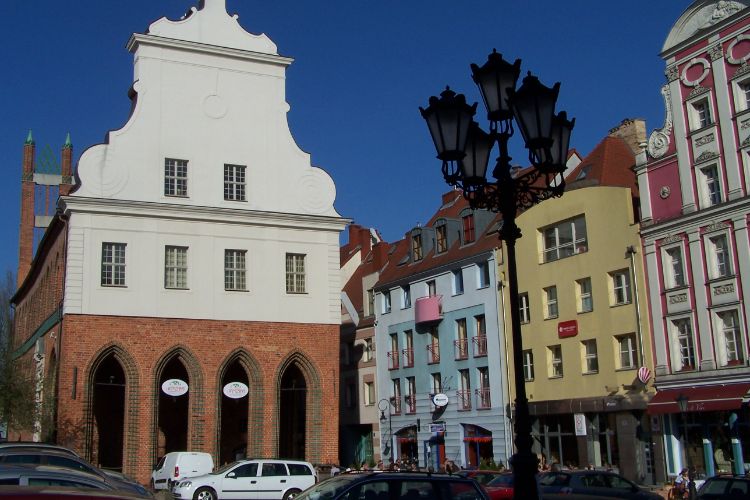
Szczecin History Museum - National Museum in Szczecin
SzczecinThe Szczecin History Museum - National Museum in Szczecin is housed in a Gothic old town hall, which dates back to middle 13th century and still features some impressive interiors. The museum organises exhibitions of history and culture of Szczecin of times ranging from the oldest ages with archaeol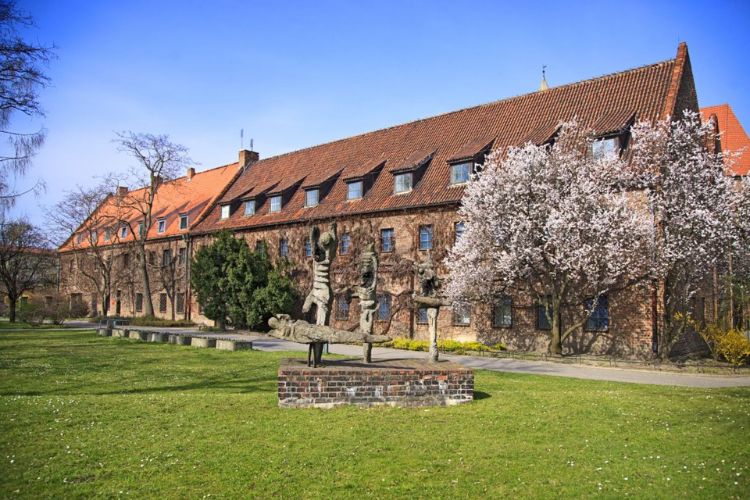
Museum of Architecture in Wrocław
WrocławMuseum of Architecture in Wroclaw is the only museum institution in Poland dedicated entirely to the history of architecture and contemporary architecture. Museum of Architecture in Wroclaw carries out programs and events for architects, historians and the general public. It prepares exhibitions on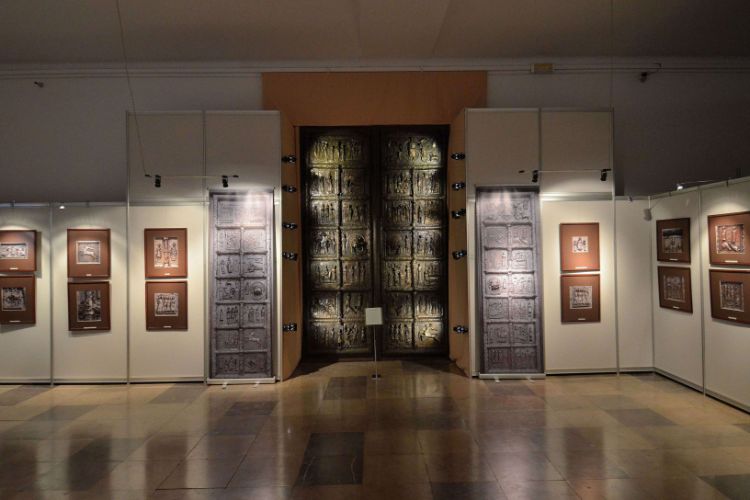
National Archaeological Museum
WarsawThe National Archaeological Museum of Poland (Państwowe Muzeum Archeologiczne w Warszawie) is a museum in Warsaw that is located in the old Warsaw Arsenal. The museum focuses on displaying excavation objects from former and present Polish areas. The exhibited artifacts range from pieces from the Neo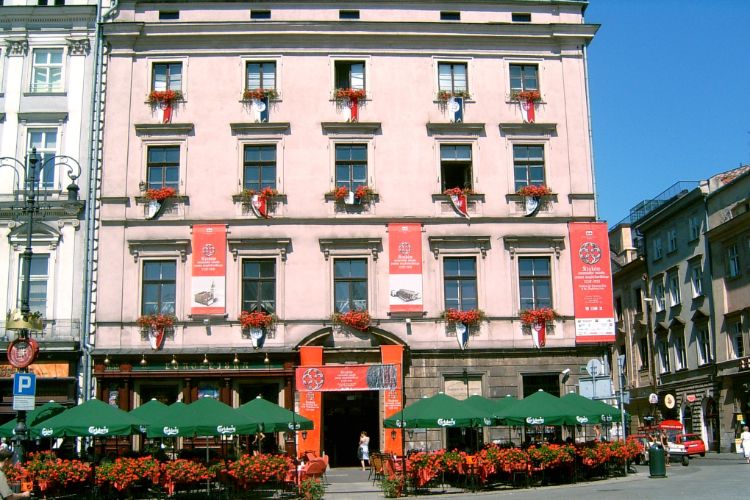
Krzysztofory Palace - Historical Museum of Kraków
KrakówThe Krzysztofory Palace is a small, baroque palace located on the main square of Kraków and is part of the Historical Museum of Krakow. In the 17th century, the Crown Court Marshal Adam Kazanowski commissioned the construction of the Krzysztofory Palace. It was named after St. Krzysztof, the patron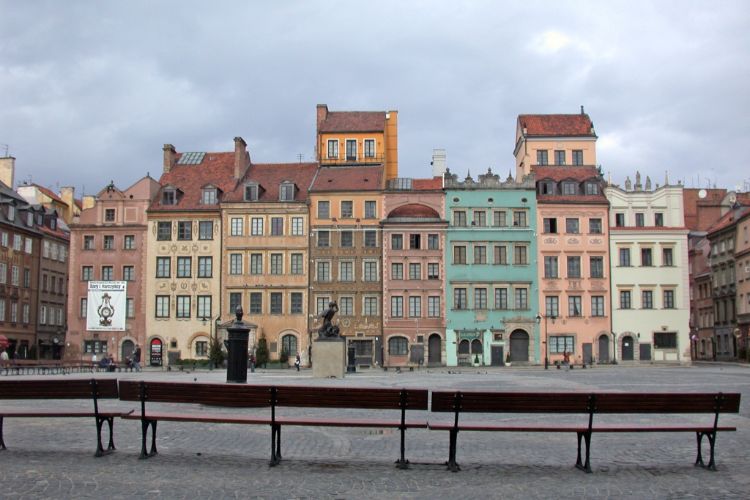
Museum of Warsaw
WarsawThe Museum of Warsaw (Muzeum Warszawy) is a museum in the Polish Capital Warsaw that was established in 1936 and is located in the Old Town Market Place. The museum holds and exhibits collections in the field of archeology, painting, graphics, iconography, sculpture, decorative arts, numismatics and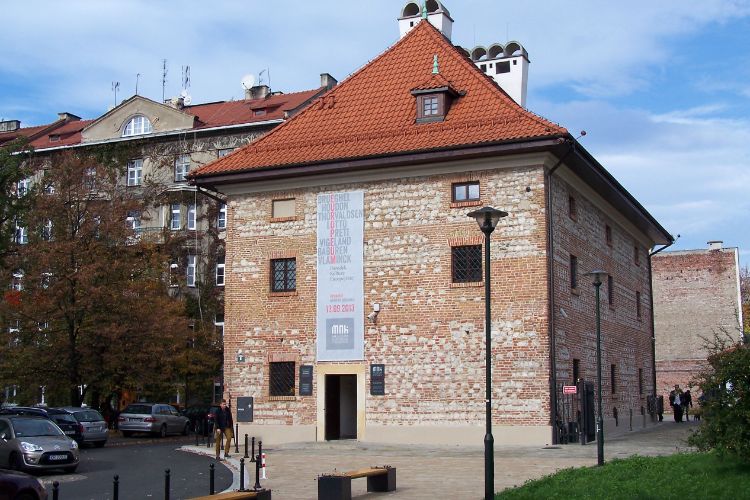
Europeum Center of European Culture - National Museum in Krakow
KrakówThe Europeum Center of European Culture is a center in Krakow and a branch of the Krakow National Museum, located on two floors in a restored 17th century granary. The Europeum houses a permanent exhibition of European art, with more than 100 paintings and sculptures from 7 centuries of history of E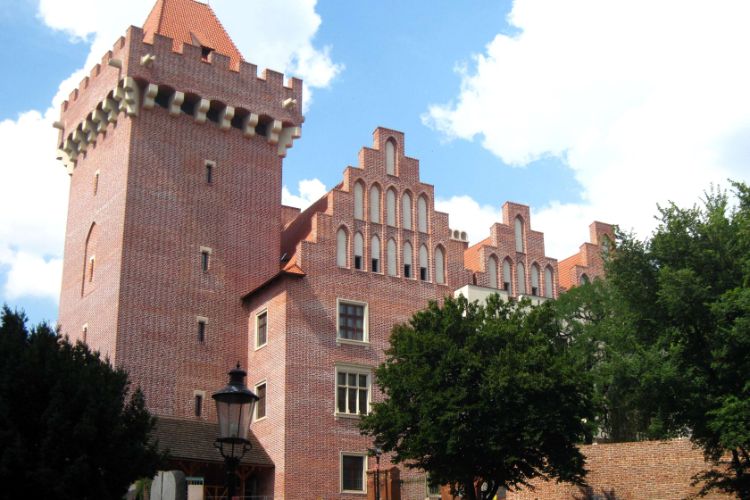
Museum of Applied Arts
PoznańThe Museum of Applied Arts in Poznań is part of the National Museum in Poznan and is situated on Przemysl Hill, housed in a castle. The museum holds collections of applied art from the Middle Ages until modern times. Its collection includes funiture, ceramics, glass and metal, weapons, jewellery, fa
Wroclaw Archdiocese Museum
WrocławThe Wroclaw Archdiocese Museum is a museum with artistic and historical works of (religious) art. The collection of the museum includes sculpture, painting, textile art (14th - 19th century) and ancient relics such as mummies, wedge alphabet plates, olive lamps. Highlight in the museum is a set of a
The Archaeological Museum of Wrocław
WrocławThe Archaeological Museum of Wrocław is one of the seven branches of the City Museum of Wroclaw that holds archaeological pieces from Silesia, from the older Stone Age to the 19th century. The Archaeological Museum of Wrocław is one of the oldest museums of this type in Europe and is housed in the h